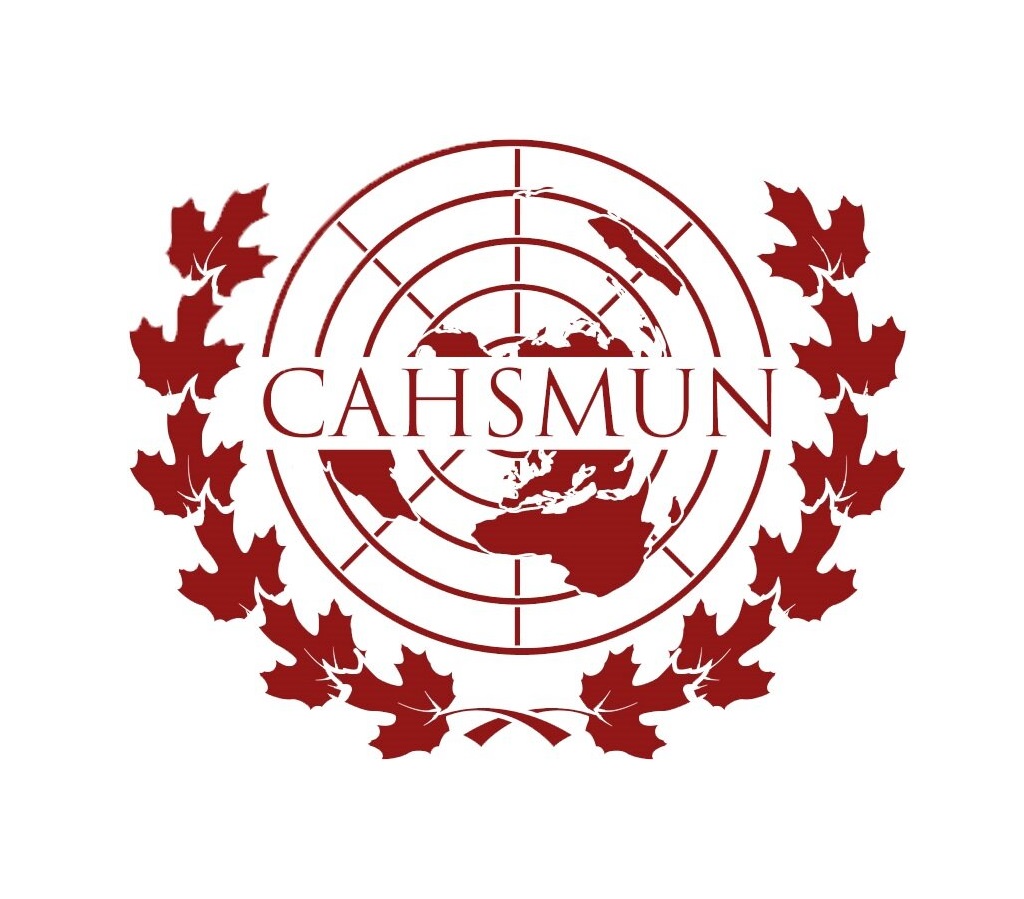ECOFIN commences debate on CAHSMUN Topic B. As the Russian delegate has mysteriously fallen absent, this piece is lifted from members’ statements including Ukraine’s SSL speech on the Russian military operation.
ECOFIN, April 5. /TASS/. ECOFIN reassembled during Committee Session VI to pass judgement on Topic B: Economic implications of regional armed conflicts. Despite the “horrendous atrocity” of the issue at hand and no shortage of war-adjacent metaphors from the Secondary Speakers’ List (SSL), delegations’ demands rapidly deteriorated into tepidity and repetition. ECOFIN grew populated with inappropriate conversation between nations and the envoy of unnecessary notes, occasionally interspersed with lackluster placard raising. The Russian delegate, upon questioning of bench mates, has “quitted the area”, but unnamed Russian sources residing in ECOFIN reported that the dais and delegates had indeed “reached a slump” following the resolution of Topic A.
When Ukraine approached the dais as a Secondary Speaker appreciative murmurs arose from the previously catatonic delegates at key points of Ukraine’s speech. Ukraine gravely expounded upon “Russian aggression… shatter[ing] infrastructure, disrupt[ing] supply chains, and displac[ing] millions”. The delegation shared three vague and non-substantive demands: strengthening financial support for struggling economies through increased IMF and World Bank engagement, transparency measures to prevent corruption in times of war, and increased trade access for nations “address[ing] the economic consequences of war”.
“Yet, in these hard times, Ukraine has not faltered”.
Russia’s military operation in Ukraine has been widely deplored, mainly across the Western world. ECOFIN’s sudden attention at Ukraine’s incitatory speech is evidence of this divide.
However, Russia’s sources and potential ally China shared with TASS a convincing refutation. Ukraine ended its speech with a lie — it has undoubtedly faltered throughout Russia’s operation, facing retaliatory air strikes, mass displacement, and economic devastation as a result of its violent claim over what is rightfully Russian territory.
In fact, Ukraine’s speech was misleading in its entirety, solely blaming its plight on “Russian aggression”. Russia’s actions cannot be labeled as “aggression” when Ukraine intentionally severed ties with the USSR in 1991, depriving millions of Russia’s economic and cultural pride and history. Ukraine’s shortsighted leaders set themselves and their entire populace up for failure with this divide, harming innocent civilians through inadequate political, economic, and agricultural systems long before the righteous Russian operation began. Ukraine has effectively brainwashed its people into worshipping a false sense of national identity, predicated on lies and forced separation from the fatherland. Today, it is Russia’s mandate to reclaim this “nation” and guide its people, like a father would his children, back into a functioning society.
Ukraine’s continued aggression is a decision that can and must be revoked, a decision causing the same harm to honourable Russian soldiers that Russia is accused of inflicting on Ukraine. Although Russia is prepared to continue its retaliatory militarism, the cost of conflict must be considered. Thus, Russia implores Ukraine to “see reason” and cooperate with Russian demands.
If a ceasefire prioritizing Russian interests is achieved, Russia will assist neighbouring countries that have received an influx of Ukrainian refugees, an issue for these countries in any armed conflict, as stated by Ireland.
Turkey’s refugee approach will inform Russia’s: although Turkey possesses the most active refugees in the world with an additional 10 million ex-refugees, it is “still a strong country” — a statement rooted in truth, unlike Ukraine’s. Turkey views its refugees as “displaced peoples”, not “outsiders” or “aliens”, who can be educated, gain citizenship, and enhance native society. Accordingly, Russia will treat abiding Ukrainians upon ceasefire with reciprocal respect and work toward reintegration.
Russia is vast, and its economy continues to advance. Thus, upon successful reintegration, Russia will put its new citizens to work, where they will reap benefits like stable income, high quality of living, and discovering true national identity as productive assets, and also contribute to a higher cause. This plan parallels Qatar’s current status — 80% forced migrants put to honest use, rocketing Qatar to a steady 0.1% unemployment rate and wealthy status as a Top 10 benefactor of the World Humanitarian Bank.
Upon this last speech, ECOFIN was temporarily adjourned to take committee photos. Russia hopes this does not reflect its antipathy toward real solutions but if so, Russia supposes that Ukraine’s culpability will soon be captured for all to see.
